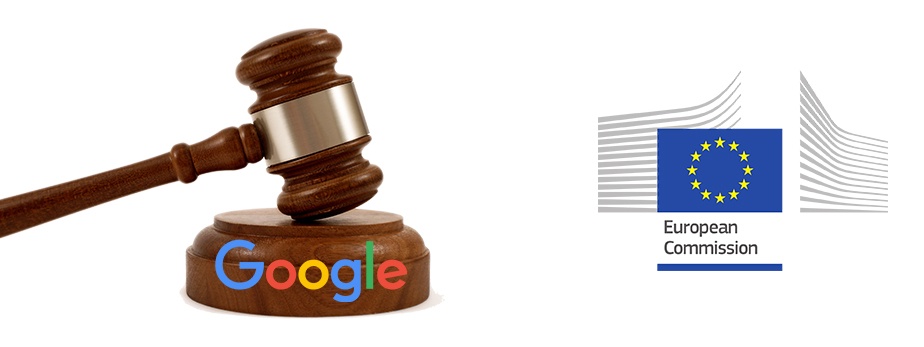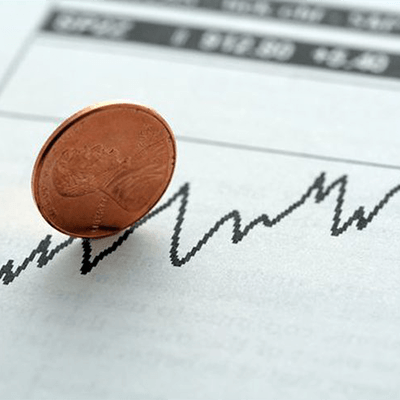EC Fines JPMorgan, Barclays, Citigroup, Others For Rigging Forex Market
The European Union fined five banking giants a total $1.2 billion, charging them with manipulating the foreign exchange market (Forex) for their benefits. The targeted banks that were fined on Thursday are Barclays, JPMorgan, Citigroup, Mitsubishi UFJ Financial Group (MUFG), and Bank of Scotland.
The European Commission (EC) found that individual traders at the banks created two cartels to manipulate the spot Forex market for 11 fiat currencies, including the major ones like the USD, EUR, and GBP. Thus, the financial industry is put in a bad image again after multiple banks around the world have been repeatedly accused of rigging the Forex benchmarks in the last decade.
Which One Got The Biggest Fine?
Citigroup has to pay a fine of 310.8 million euro, the largest of the combined 1.07 billion euro figure. Swiss bank UBS was also involved in the schemes, but it wasn’t fined as it warned the EC about the cartels.
European Competition Commissioner Margrethe Vestager said:
These cartel decisions send a clear message that the Commission will not tolerate collusive behavior in any sector of the financial markets. The behaviour of these banks undermined the integrity of the sector at the expense of the European economy and consumers.
The EC said in the statement that most of the traders knew each other personally and communicated through chatrooms. The investigation, which was started earlier than 2014, revealed that nine traders, who worked at the banks, shared sensitive data and trading plans and often co-managed trading strategies.
The Commission noted:
The traders, who were direct competitors, typically logged in to multilateral chatrooms on Bloomberg terminals for the whole working day, and had extensive conversations about a variety of subjects, including recurring updates on their trading activities.
Data exchange in the chatrooms touched upon information on their customers’ orders, the bid-ask spreads related to certain transactions, the clients’ open risk positions, and other relevant details involving trading activities.
JPMorgan And RBS Claim The Situation Has Changed
JPMorgan, the largest bank in the US by total assets, and RBS said they had settled the cases and they had changed their controls. The cartels operated until 2013. The EC said it had discovered the existence of two different infringements related to Forex spot trading:
The Three Way Banana Split infringement comprised communications in three separate, consecutive chatrooms, called “Three way banana split,” “Two and a half men,” “and Only Marge.” The involved traders worked at UBS, Barclays, RBS, Citigroup and JPMorgan. The infringement took place from December 18, 2007, to January 31, 2013. This cartel was given a fine of 811.2 million euro.
The second infringement is referred to as The Essex Express, which encompasses communications in two chatrooms called “Essex Express ‘n the Jimmy” and “Semi Grumpy Old men.” The involved traders worked at UBS, Barclays, RBS and Bank of Tokyo-Mitsubishi. The infringement occurred from December 14, 2009, to July 31, 2012. The cartel has to pay 257.7 million euro in fines.
MUFG stated that it had taken measures to avoid similar situations in the future. Elsewhere, Barclays and Citigroup didn’t want to comment.
An RBS spokesperson told CNBC:
Today’s fine is a further reminder of how badly the bank lost its way in the past and we absolutely condemn the behaviour of those responsible. This kind of behaviour has no place at the bank we are today; our culture and controls have changed fundamentally during the past ten years.
Barclays, BNP Paribas, JPMorgan, Citigroup, RBS, and UBS are facing similar charges in the US, where regulators are accusing them of forming cartels to rig the Forex market.

Anatol has been writing for our news site for a year and is the newest member of our team. While he’s new to us, he’s certainly not new to trading with over 10 years’ experience being a professional financial journalist and working in the markets.

 News Home
News Home
 Privacy Policy
Privacy Policy
 About Us
About Us







